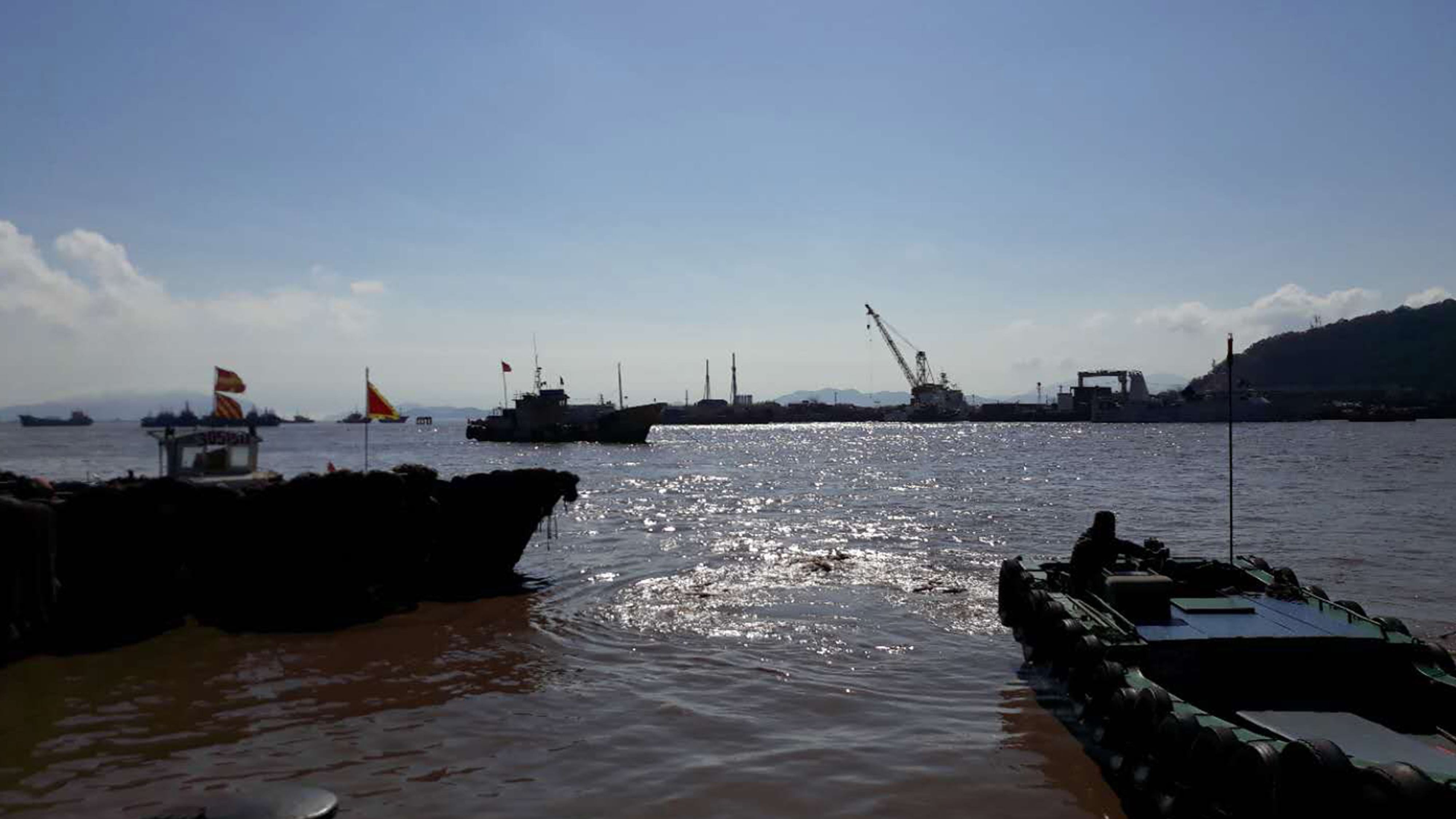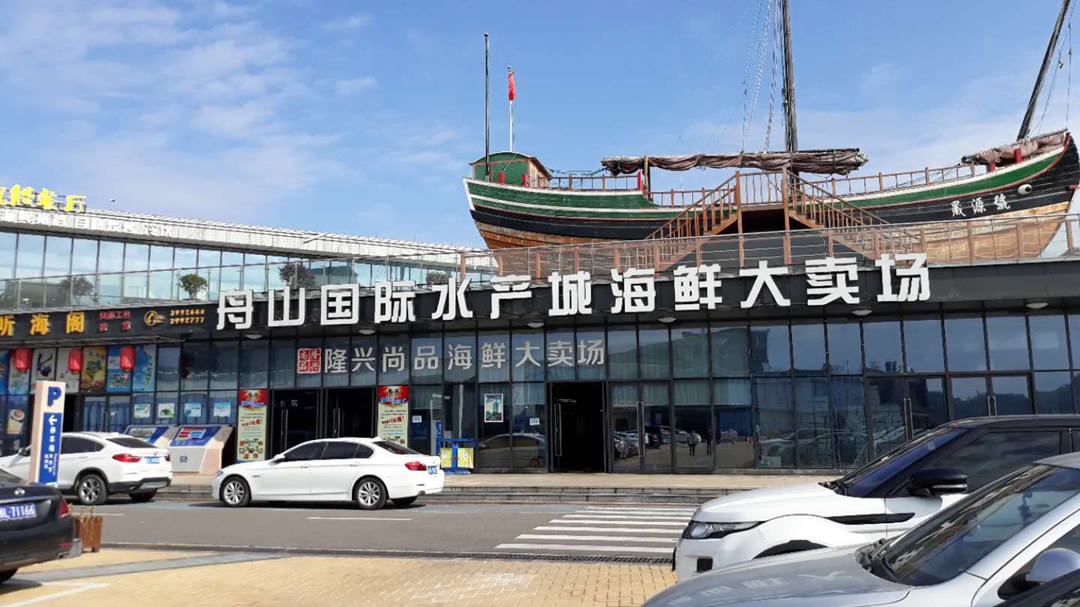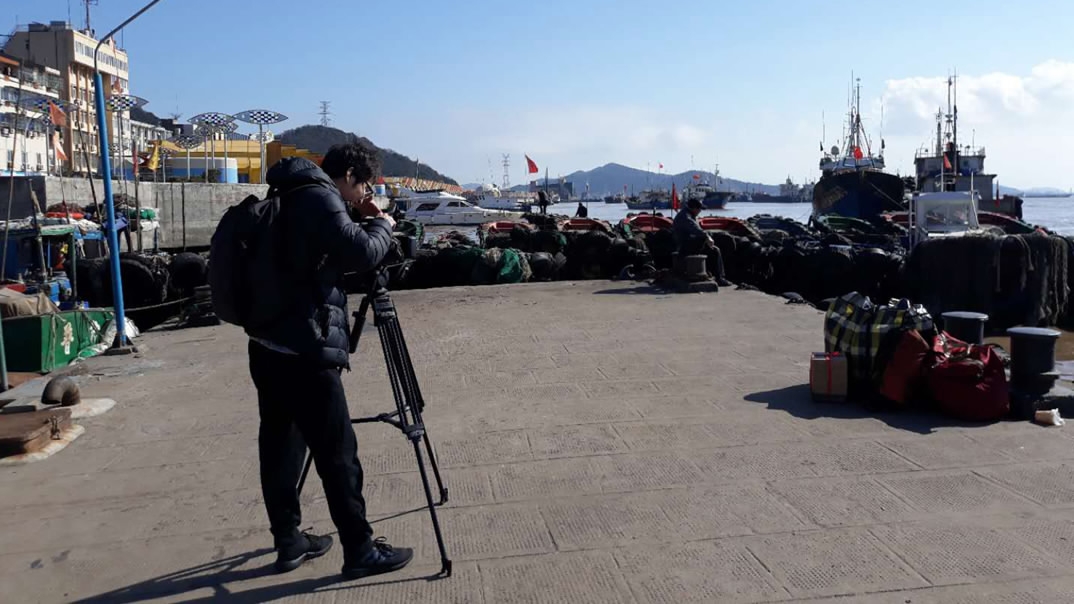
Tech & Sci
11:12, 19-Jan-2018
A look at Zhoushan fishing ground post oil-tanker sinking
By Wei Lynn Tang

A day after the sinking of the Iranian-managed Sanchi oil tanker, response at Zhoushan – the nearest fishing ground to where the collision happened – has been mixed, if not, rather muted.
Located about 350 kilometers from where the tanker sank, the next immediate concern turned was: "To what extent will the marine life in this area be impacted?"
The Zhoushan fishing ground, off the coast of Zhejiang Province, is one of the largest in the East China Sea, according to the non-environmental NGO Greenpeace. And for perspective, the East China Sea was China’s biggest fishing ground in 2016 with a catch of about five million tonnes.
While a few seafood restaurants I spoke to were not too aware and perturbed of the news, those on the front line were kept abreast of the incident.
Locals’ view on marine life impact
Mr. Mao, a chief officer of a ship in Zhoushan, said the tanker-freighter collision and condensate oil spillage will have an impact on the livelihood of fishes.
“But I believe it will affect those marine lives mostly on the surface level of the sea, and not those (who live) in the deeper part of the sea, as the condensate oil may not reach that deep,” said Mao.

A seafood market in Zhoushan, Zhejiang Province. /CGTN Photo
A seafood market in Zhoushan, Zhejiang Province. /CGTN Photo
Meanwhile, Yuan Qikuan, general manager of Longxing Shangpin Seafood Market, said he has been monitoring this issue closely.
“While there have been oil spills before in East China Sea. I have not encountered something of this scale, of over 100-thousand tonnes of condensate oil. I am concerned,” Yuan, who has been operating the market for 20 years, says.
“But [I am comforted that] where the collision and sinking happened is an area where not many fishermen usually head out to fish, plus it’s nearer to Japan,” he notes, adding that it’s winter time now and hence there are less fishermen heading out to the sea.
Yuan says there will be implications, but to what extent, he can’t ascertain just yet, pending reports from the authorities.
Although, keep in mind that these are just initial on-the-ground checks and is not conclusive of the actual situation of the fishing industry in Zhoushan.
Complication of condensate oil composition
Zhou Yongdong, who is the deputy director of Zhejiang Marine Fishery Research Institute, said the livelihood of marine lives will be impacted, citing Zhoushan’s production of tens to hundreds of thousands of fishes a year.
The area where the tanker sank is the natural habitat of many fishes, such as hairtail, one of Zhoushan’s specialties, he said.
“But fishes are smart too, they will know how to swim or drift away from the polluted area. And different marine lives will be impacted differently, depending on how fast they travel,” Zhou quipped, adding that the sea has its own self-purification abilities.

CGTN at Shenjiamen port in Zhoushan, Zhejiang Province. /CGTN Photo
CGTN at Shenjiamen port in Zhoushan, Zhejiang Province. /CGTN Photo
China’s Ministry of Transport earlier cited a modeling test by the Yantai Oil Spill and Emergency Response Technical Center, which estimated that less than one percent would remain on the sea surface five hours after the collision.
Experts say most of the condensate, a volatile crude oil, may have been burnt in the fire, while most of the spilled oil will evaporate into the air.
However, Greenpeace said a proportion of spilled condensate will dissolve into the water, and this will be toxic until it dilutes enough to be broken down by natural processes, although probably quite quickly.
That said, for exactly how long the condensate oil will last in the sea before it naturally decomposes remain uncertain as of yet.
Answers needed
The black box of the Sanchi oil tanker has been retrieved on January 13.
However, one of the next best leads perhaps, to decipher what may have transpired before the collision is that of the Hong Kong-registered Crystal Changfeng freighter – which has landed onshore in Zhoushan days after the collision happened.
The freighter has since been placed under investigation but no updates have been made known as of press time.
And while awaiting the exact amount of oil leakage into the sea and the impact of it, questions remain: What caused the collision in the first place?
What are the preventive measures being put in place for the future?
And finally, what are the lessons learned?
1231km

SITEMAP
Copyright © 2018 CGTN. Beijing ICP prepared NO.16065310-3
Copyright © 2018 CGTN. Beijing ICP prepared NO.16065310-3